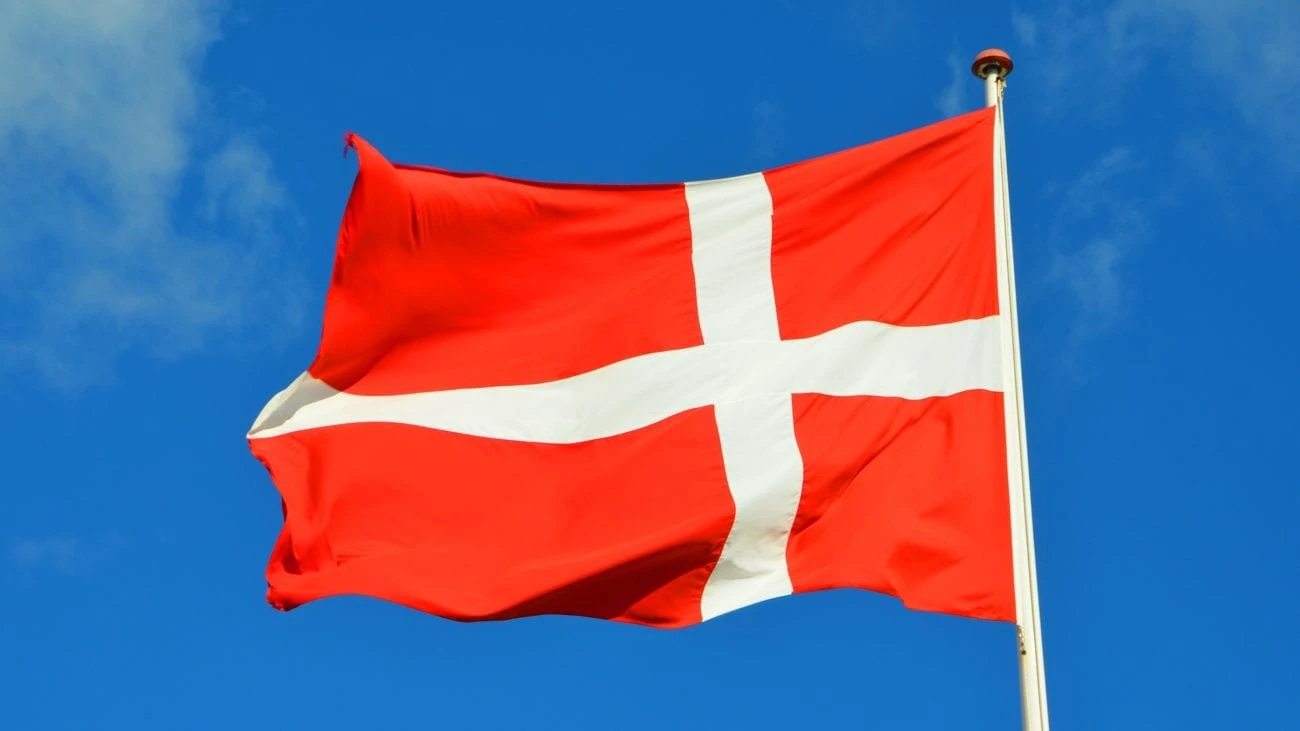Danish Q3 revenue dips after online decline

Revenue for the three months to 30 September came to DKK1.53bn (£184.2m/€205.9m/$244.4m) up 32.1% from the second quarter of the year, a period in which the country spent much of the quarter under lockdown.
Yet the return of sporting action in Q3, the sports betting vertical remained far below 2019 levels. Betting revenue came to DKK558m, a 49.6% quarter-on-quarter rise, but an 11.1% year-on-year drop.
Mobile betting accounted for just over half of the revenue total, at DKK280m (50.1%), followed by DKK198m from retail betting, or 35.4% of market revenue. A further DKK81m (14.5%) came from betting via laptop.
Online casino, meanwhile, saw revenue fall 1.9% from Q3 2019 to DKK555m. The sequential drop was more pronounced, with revenue falling 17.5% from the second quarter’s DKK673m, a period where the lack of sports and retail gambling meant that online casino was one of the only available options to consumers.
The vast majority of Q3 revenue came from online slots, which accounted for DKK416m – or 75.0% – of the total. Roulette, on DKK53m (9.5% of market revenue) followed in a distant second, with blackjack in third on DKK38m (6.8%).
As with sports betting, players have largely settled on mobile as their preferred channel, with 59.6% of revenue coming through the channel.
Turning to Denmark’s land-based gaming market, both the gaming machine and casino segments recovered strongly from their Covid-19 shut-downs.
Gaming machine revenue rebounded from its Q2 lows, when revenue dropped to DKK99m, reaching DKK334m, which was just 0.9% below Q3 2019’s total. The vast majority of this – DKK264m – came from gaming halls, with machines in restaurants making up the remaining DKK70m.
Land-based casinos, meanwhile, actually reported year-on-year growth, albeit from a lower base. Revenue for the properties was up 6.1% year-on-year to DKK87m, which also represented a vast improvement on the DKK16m generated in the second quarter.
The country’s national self-exclusion system, Register Over Frivilligt Udelukkede Spillere (Rofus), has seen the number of players voluntarily blocking access to gambling tick upwards, reaching 24,231 by 30 September. This represented a 3.2% increase on numbers at 30 June.
Men made up the vast majority of self-excluded persons, at 18,300, compared to 5,931 women.
The vast majority of self-exclusions were permanent (68.8% of requests), followed by 17.9% of blocks lasting for six months.
There were also 126 calls to the StopSpillet helpline, of which 72.6% were made by women, and 27.4% by men. Players tended to make up the majority of these calls, accounting for 56.4% of those made in Q3.
